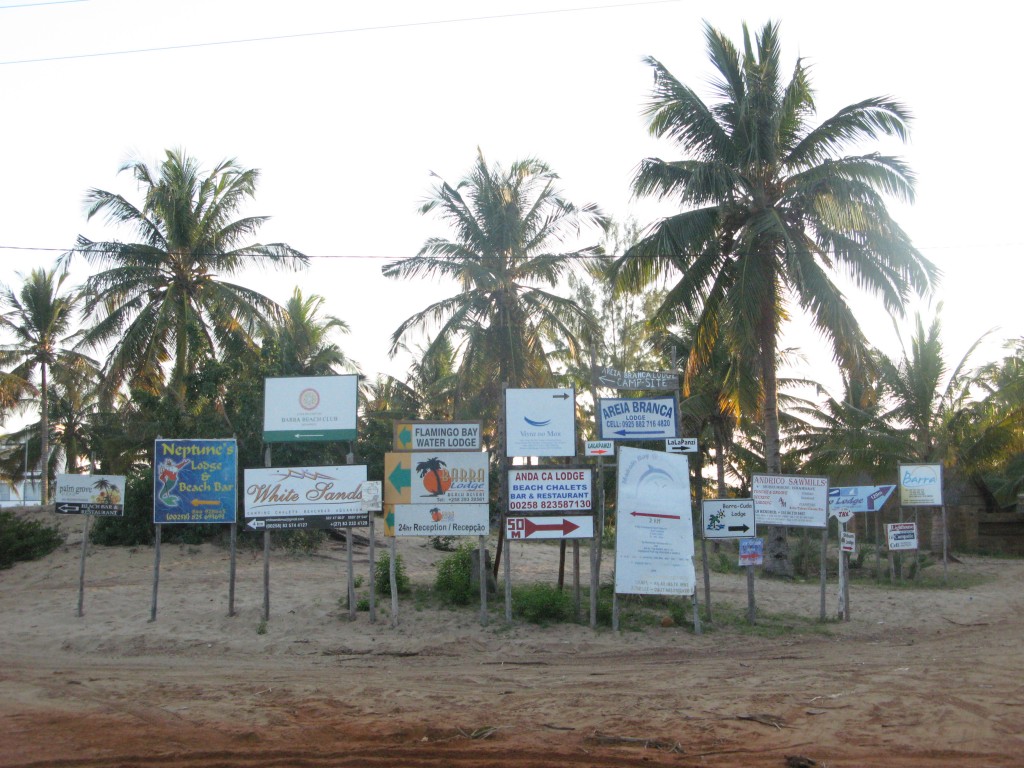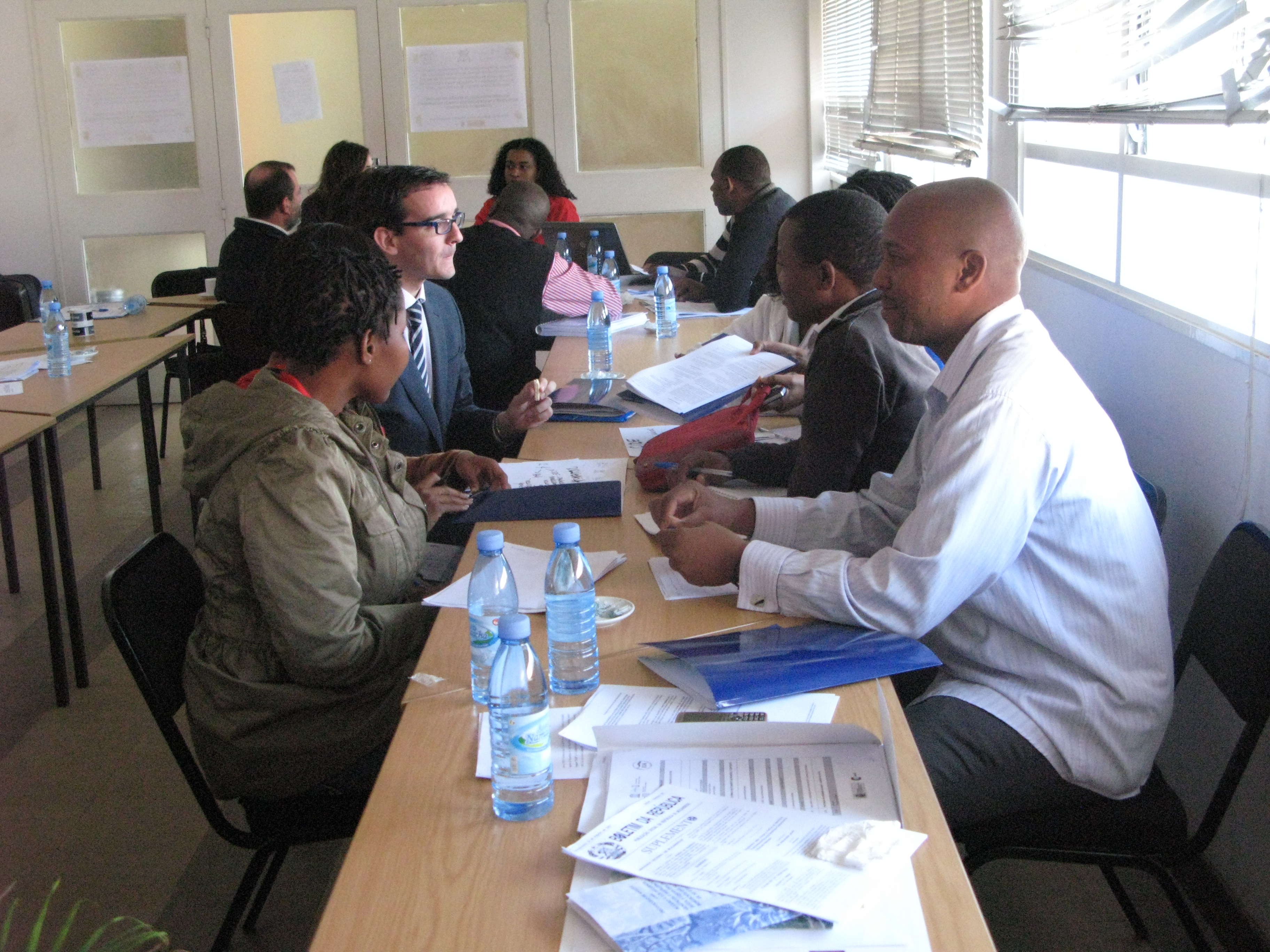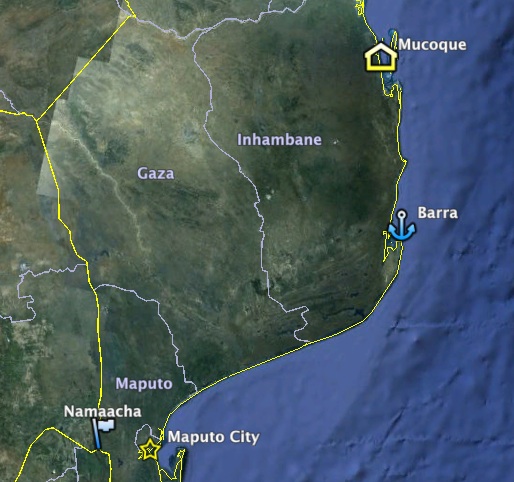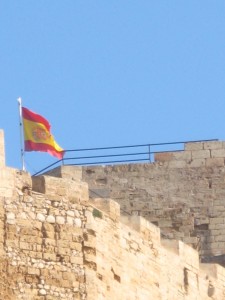My UNESCO-UniTwin internship has officially ended, and those eight weeks flew. The CBE gave me the opportunity to truly maximize my one graduate school summer, and it is hard to imagine learning so much in a practical environment in such little time with any other program. The fellow process works.
Throughout the summer, I felt challenged and busy enough to stay interested, but I also had the chance to take some nice day trips and an awesome vacation at the end. The European August vacation norm is something we should really consider including in the U.S. work calendar (I know, I know — we’re more “productive” given our measly ten days off).
Primarily, I saw one part of a large international project through from start to finish. I helped plan and build materials for a workshop in Mozambique, attended the workshop, and participated in the debriefing and reflection. I analyzed a current international issue in a country I love and associated with natural resources in which I have a personal stake.
Obviously not as much of a stake as Mozambicans themselves, but a stake nonetheless.













